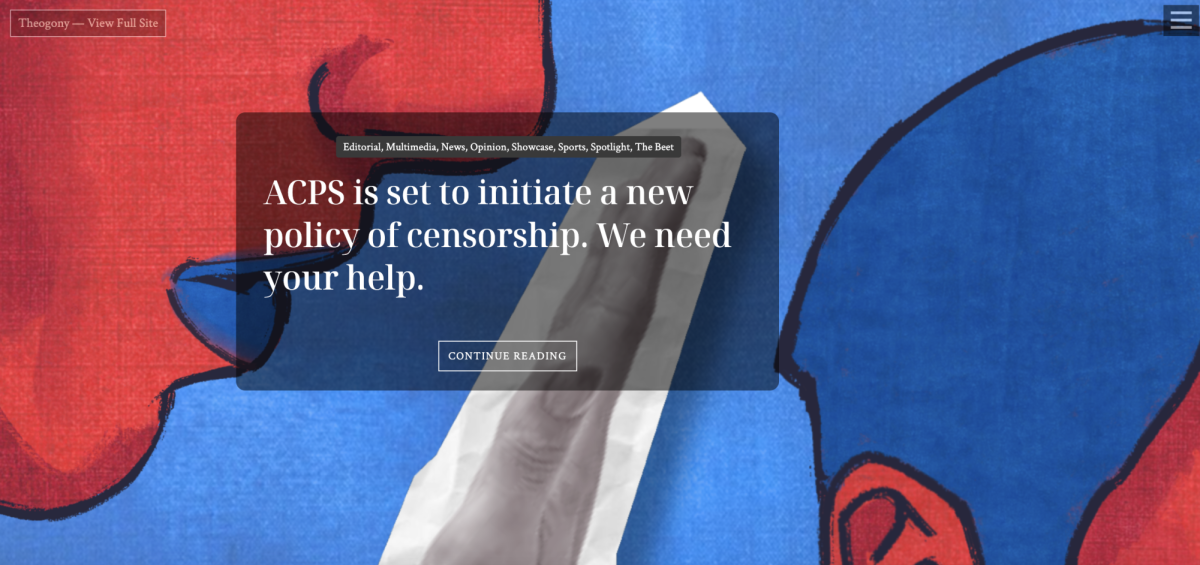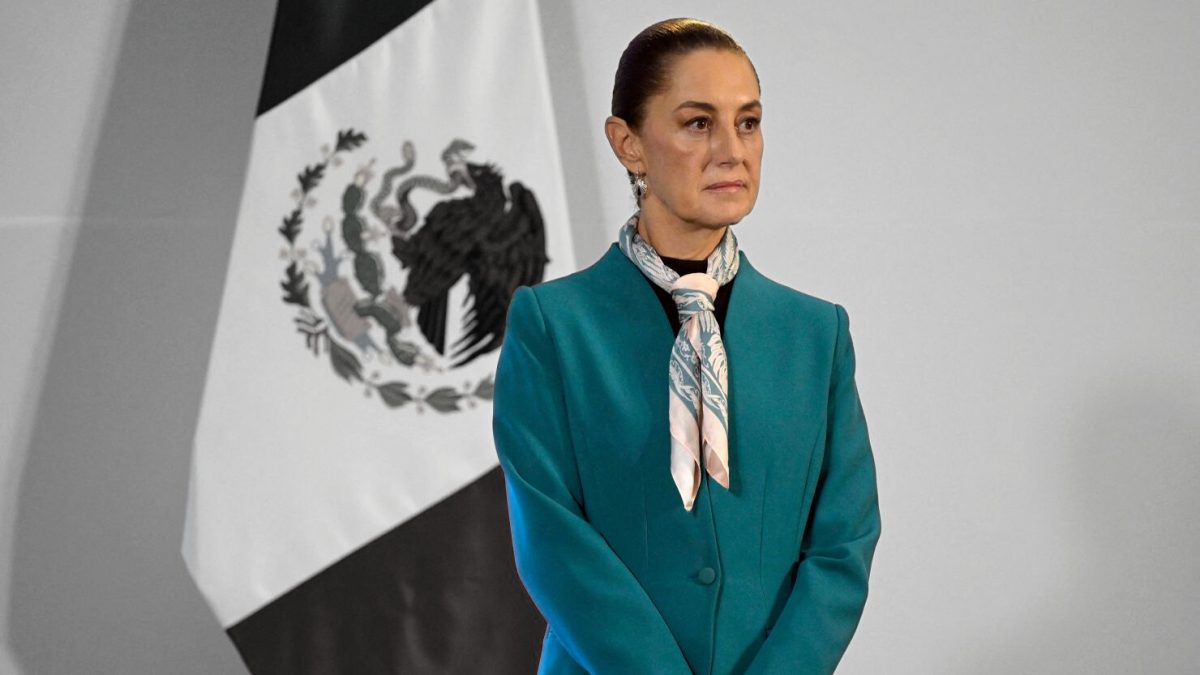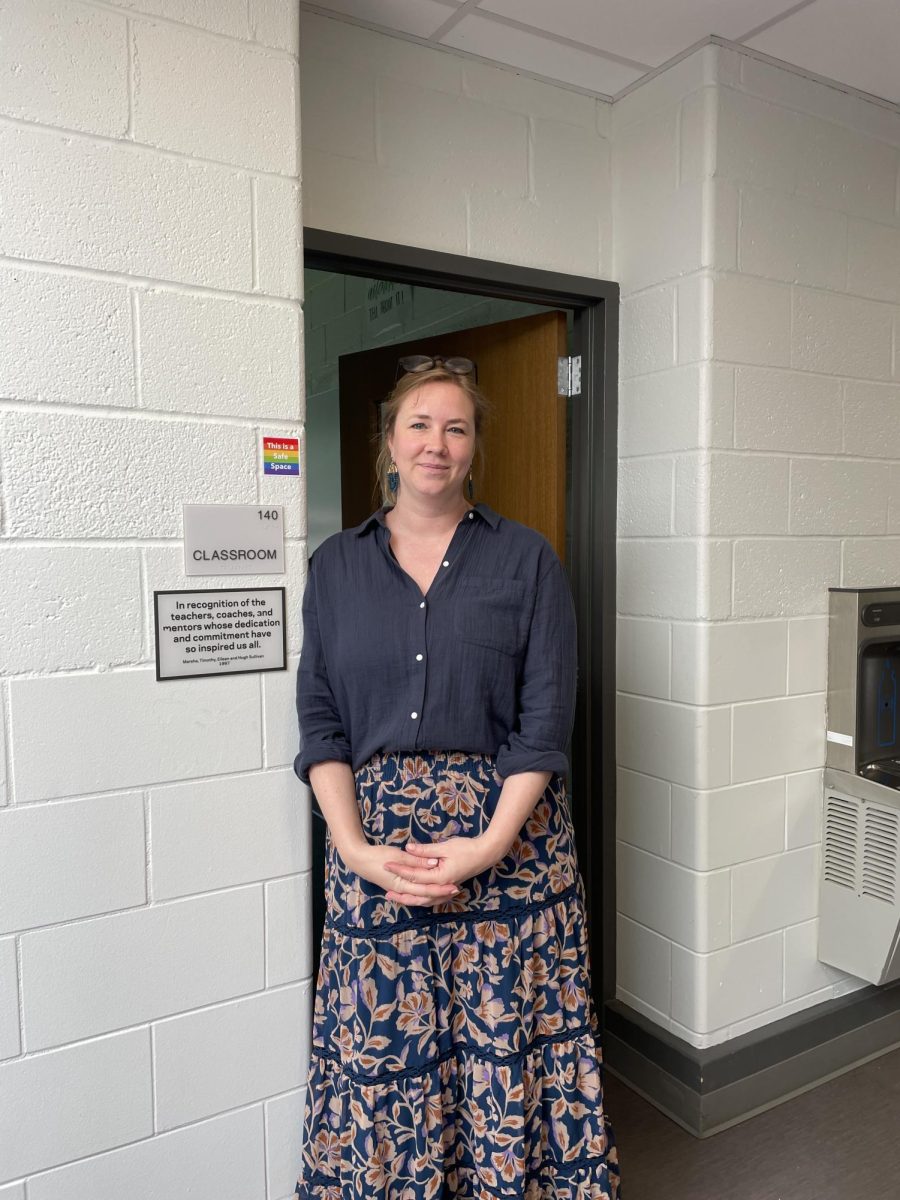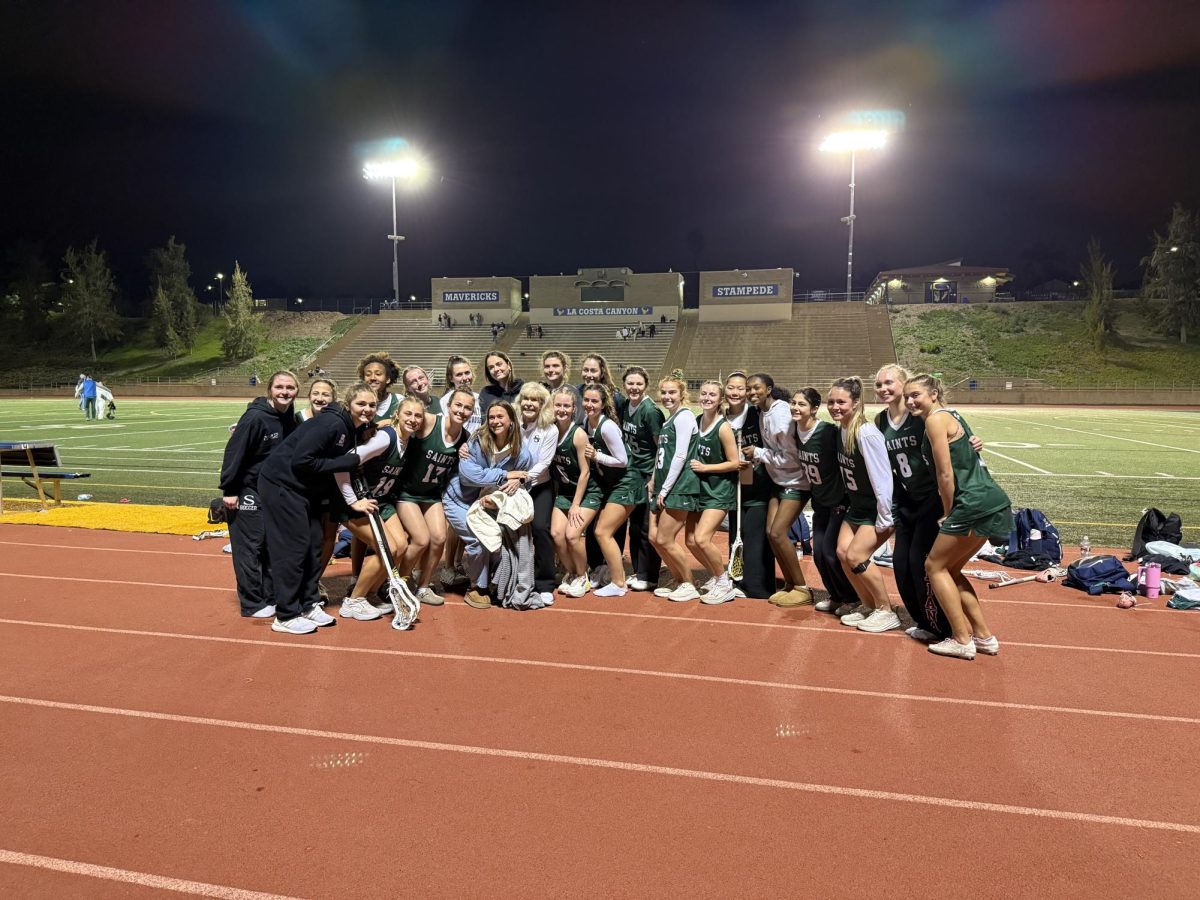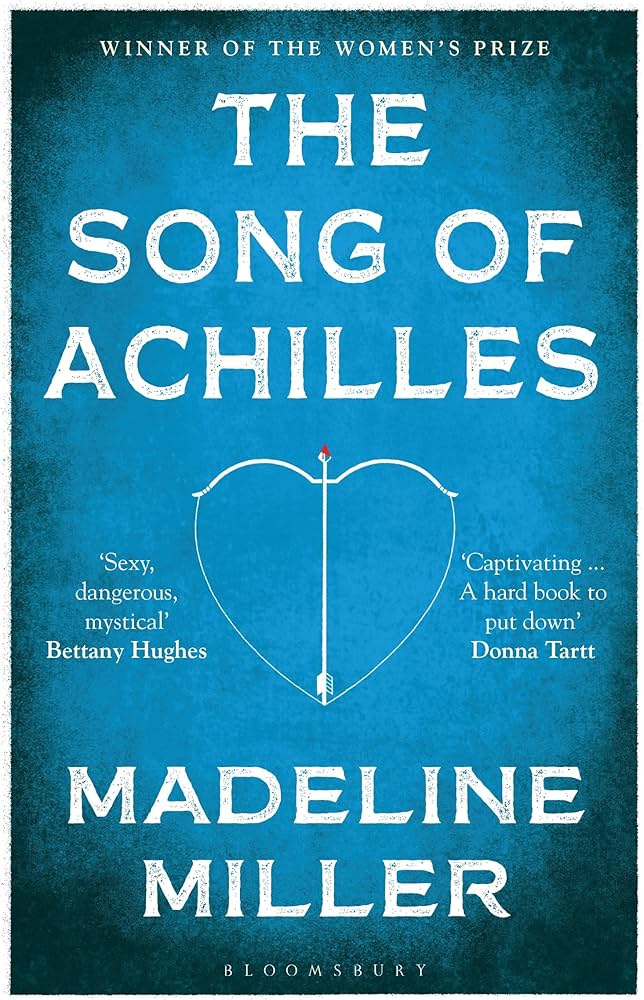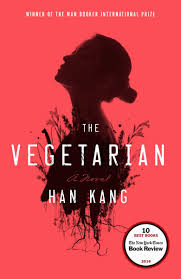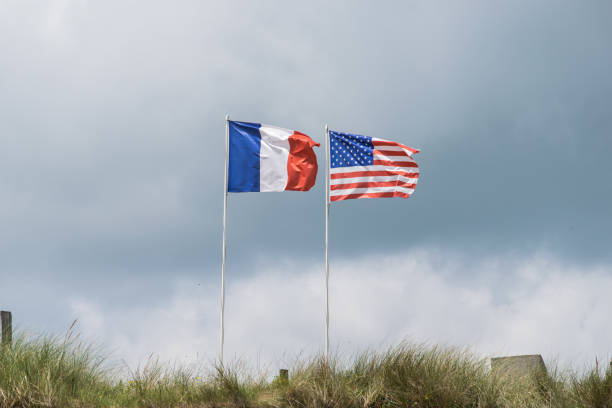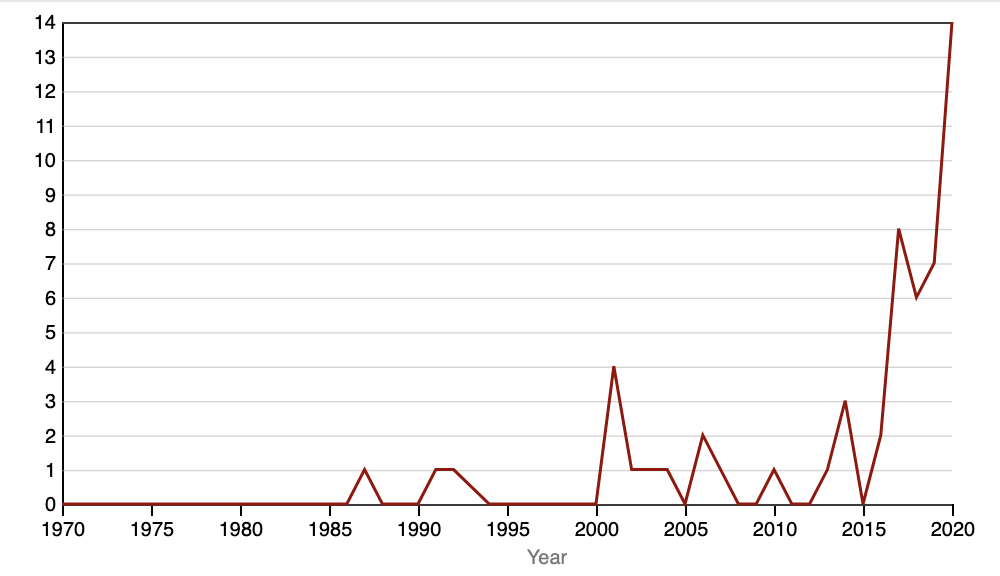Recently, a shocking statistic by PEN America revealed that roughly 10,000 books have been banned in public schools just last school year. This number shows a massive increase from the 3,362 book bannings the year before, a number almost three times smaller than 2023. At the forefront of defending books from bannings are librarians, whose duty it is to keep information accessible to everybody nationwide. In light of the 10,000 books banned last year, our school’s librarians Ms. Esanu, the Lower School librarian, Ms. Blowers, the Middle School librarian, and Mrs. Tomljanovich, the Upper School librarian, voiced their concerns for the recent growth in book bans.
All three of the librarians were aware of the increase in bannings, and they all had a lot to say about the practice of book bannings itself. They stated that their goal was to make books accessible to everyone so that knowledge and new ideas can manifest in a school community.
Ms. Esanu described her role as a school librarian as “imperative” to give “access to many books on many different subjects,” and that it was her “role to make books available to everyone.”
Because the duty of a school librarian is to make all kinds of books available to the broad community, there are going to be some books that may resonate more with certain students than others. School library books are carefully chosen by a school librarian with professional training in picking the best books, as explained by Ms. Blowers. Yet, as suggested by all three of the librarians, American parents will often try to go against their school’s library’s choices, and try to ban a book because they deem it as ill-fitting for their child.
“It’s inappropriate,” stated Ms. Blowers, “for an individual to think that they have the expertise and the know-how to decide what should and shouldn’t be in the library collection.”
Mrs. Tomljanovich added; “If a parent is a strict one and doesn’t want them to read something, that doesn’t mean that you are hurting the other people who have different parental strategies and they want to have their child be exposed to everything, right?”
Mrs. Tomljanovich also shared that many parents who advocate for book bans are not well versed in the books themselves and some have not read them. “There seems to be a common thread,” she said, “where they sometimes admit that they haven’t read the book in its entirety, or that they are simply repeating what somebody else has said, or taking things out of context.” Mrs. Tomljanovich also stated that often times parents will submit forms to libraries asking books to be removed, and that their information is vague simply because, as Mrs. Tomljanovich thinks: “they don’t have details.” Mrs. Tomljanovich also clarified that no books have been challenged at the St. Stephen’s and St. Agnes Upper School.
When asked which books get challenged the most nationwide, all three librarians had the same answer: LGBTQ+ books. When asked why that is, Mrs. Tomljanovich said it was because “people are different, and they don’t like them to be different.” She also said that the school library has “a few of those books; I made sure to have the ones that are challenged” to combat this issue.
Ms. Esanu shared one story from St. Stephen’s and St. Agnes, where the fourth grade book club read a book called “Melissa,” which deals with a transgender student, and which was challenged by some parents. Ms. Esanu said that, despite there being some sentiments against reading the book, they decided to keep the book in the reading list for a long time. However, it was eventually taken off the list to make way for new books in natural book rotation.
Ms. Blowers also said that LGBTQ+ books were often under fire across America, and how she also keeps several LGBTQ+ books on her shelves to fight against these bans and to help inform all students who are interested about the subject.
Nationwide, school librarians are in a constant struggle to preserve the freedom for literature so that students can learn and grow from them. It remains to be seen if the number of book bans will rise in the coming year. Yet the fight for keeping books on school shelves would never be won without librarians, such as Ms. Esanu, Ms. Blowers, and Mrs. Tomljanovich, protecting them.


